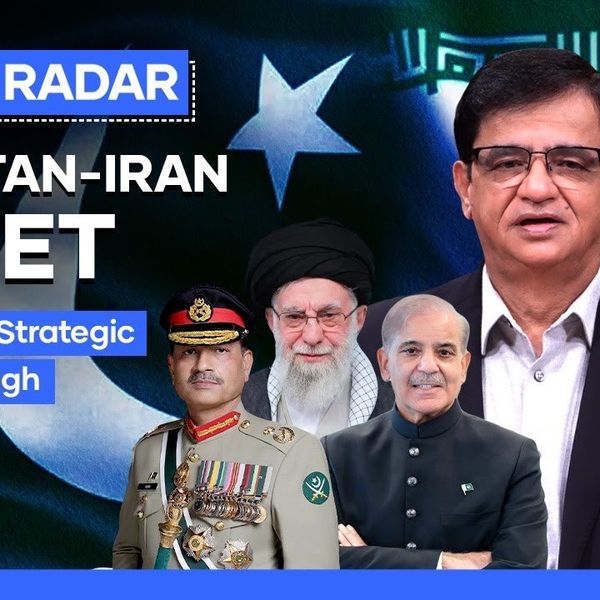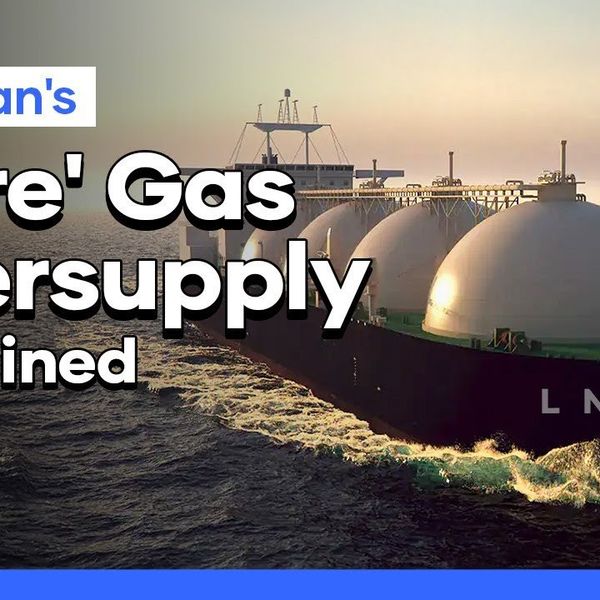Gohar Ejaz reflects on family legacy and Pakistan’s economic struggles
In podcast with Kamran Khan, Ejaz shares his father's journey from Jodia Bazaar to becoming the "King of Commodities" and lessons for the future
News Desk
The News Desk provides timely and factual coverage of national and international events, with an emphasis on accuracy and clarity.
Gohar Ejaz, Pakistan’s former caretaker minister for commerce and industry, opened up about his family’s legacy in a recent podcast with Kamran Khan. Ejaz shared anecdotes of his father’s rise in the business world, touching on both triumphs and trials that shaped their family’s journey.
“My father started his business in Karachi, urging my grandfather to sell two acres of land in Chiniot for PKR 50,000 in 1962. They entered into a partnership and established themselves in commodity trading, dealing in plastics, chemicals, and dyes,” Ejaz said, noting that his father became known as the “King of Commodities” in Jodia Bazaar.
Despite achieving financial success, life presented challenges. While serving as a senator, Ejaz’s father developed nephritis, a severe kidney condition. “In 1987, my uncle, Shaukat Ahmed, donated a kidney to my father. Unfortunately, the transplant lasted ten years before complications arose, leading to his eventual passing,” Ejaz recounted emotionally.
Taking over the family business was no easy task for Ejaz, who had to step in while pursuing his education. “I wanted to attend Harvard, but my father’s health and responsibilities held me back. It was tough, but I knew I had to continue his legacy,” he said.
Ejaz went on to establish himself in Pakistan’s textile sector, transforming the industry with innovation and leadership. He credited his father’s guidance and values for his success, stating, “Every brick of my 34-year journey in textiles is built on the principle of hard work as worship.”
Reflecting on Pakistan’s economic challenges, Ejaz highlighted the struggles of the export sector. He emphasized the importance of competitive energy tariffs and policy reforms to boost growth. “The global industry is running on 7-cent electricity, while we’re at 16 cents. Without reducing these costs, competing internationally is a dream,” he said.
Ejaz also discussed the importance of investment in local production and fair taxation policies. “The lack of long-term industrial planning has stalled our potential. If we focus on competitiveness, our textile exports could grow to $25 billion,” he added.
In a poignant moment, Ejaz revealed his motivation behind establishing a transplant and dialysis center. “What happened to my father shouldn’t happen to anyone else. This project is my way of giving back,” he said.
Ejaz’s reflections offered a blend of personal history and sharp critique of Pakistan’s economic policies. His call for reform serves as a reminder of the challenges the nation faces and the potential it holds.










Comments
See what people are discussing